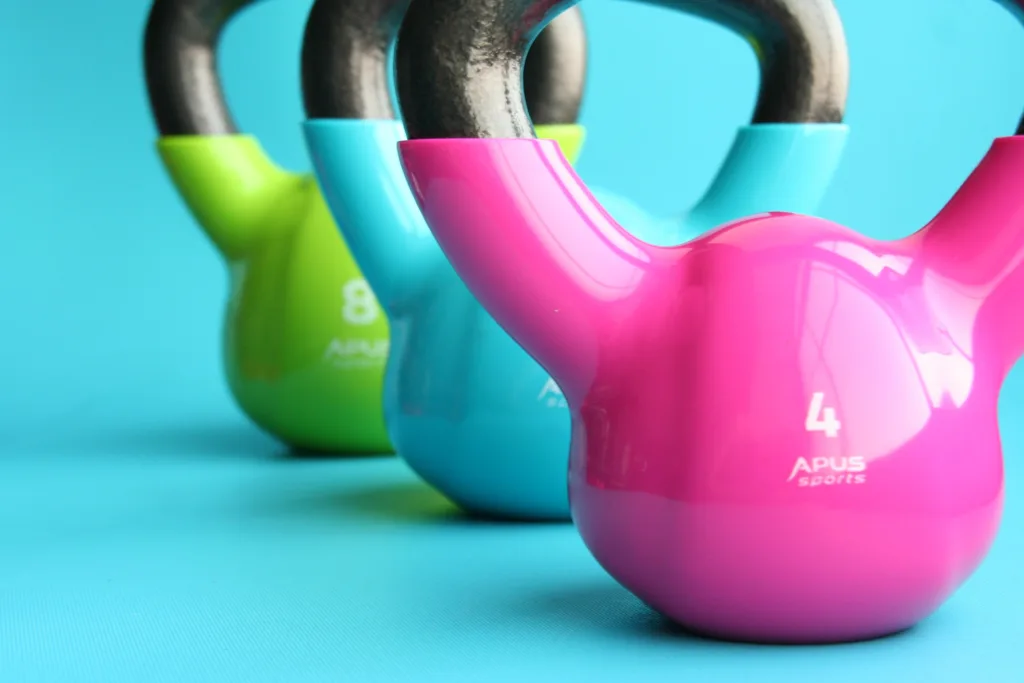Losing weight can be a challenging journey, but with the right strategies and a focus on natural methods, you can achieve your weight loss goals while promoting a healthy lifestyle.
In today’s fast-paced world, maintaining a healthy weight can be challenging. However, by adopting the right strategies, you can overcome obstacles and achieve your weight loss goals. Remember, weight loss is not a one-size-fits-all approach. Every individual is unique, and what works for one person may not work for another.
However, by exploring different strategies and customizing them to suit your specific needs, you can find a path to success. This guide will provide you with valuable insights and practical tips that will empower you on your weight loss journey.
In this comprehensive guide, let’s explore effective weight loss strategies, provide valuable weight loss tips, and delve into the importance of healthy weight management. Let’s embark on this transformative journey together.
Understanding Weight Loss
What is Weight Loss?
Losing weight refers to the process of reducing body weight, primarily by reducing body fat. It involves creating a calorie deficit, which means consuming fewer calories than your body burns.
The Importance of Weight Loss for Overall Health
Weight loss goes beyond aesthetics. It plays a crucial role in improving overall health and reducing the risk of various health conditions, including heart disease, diabetes, and certain types of cancer. Maintaining a healthy weight can enhance energy levels, boost self-confidence, and improve quality of life.
Setting Realistic Goals:
Establishing Realistic Weight Loss Goals:
Setting realistic weight loss goals is essential to stay motivated and avoid disappointment. It is recommended to aim for gradual weight loss of 1-2 pounds per week, as this approach is more sustainable and promotes long-term success.
The Role of SMART Goals in Weight Loss
Utilizing the SMART (Specific, Measurable, Achievable, Relevant, Time-bound) goal-setting framework can provide clarity and structure to your weight loss journey. Set specific goals, track your progress, and celebrate milestones along the way.
Nutrition and Diet:
Adopting a Balanced and Nutritious Diet:
Focusing on a balanced diet that includes a variety of whole foods is key to sustainable weight loss. Incorporate lean proteins, fruits, vegetables, whole grains, and healthy fats into your meals. Avoid excessive consumption of processed foods, sugary beverages, and refined carbohydrates.
Understanding Macronutrients and Micronutrients
Learn about the different macronutrients (carbohydrates, proteins, and fats) and how they contribute to your overall health. Additionally, ensure an adequate intake of essential micronutrients such as vitamins and minerals.
Eating Organic Foods
There are numerous advantages that organic food offers for your health and well-being.
Organic food is produced without the use of synthetic fertilizers, pesticides, or genetically modified organisms (GMOs). By incorporating organic food into your diet, you can minimize your exposure to harmful chemicals and enjoy a variety of health benefits.
Research suggests that organic food is rich in essential nutrients, such as vitamins, minerals, and antioxidants, which contribute to overall health and disease prevention.
Additionally, organic farming practices promote soil fertility, biodiversity, and water conservation, supporting a more sustainable and eco-friendly food system.
Whether you’re concerned about your personal health, the environment, or both, choosing organic food can be a valuable investment in your overall well-being. So include the incorporation of the remarkable benefits of organic food and discover how it can positively impact your life.
Choosing Whole Foods over Processed Options
Whole foods are minimally processed and retain their natural nutrients. Opt for fresh produce, whole grains, lean meats, and legumes, as they provide more nutritional value compared to processed foods.
Deficit and Portion Control:
To lose weight, you need to create a caloric deficit by consuming fewer calories than your body needs. Understanding portion control and practicing mindful eating can help you achieve this.
Calculating Caloric Needs for Weight Loss:
Use online calculators or consult with a healthcare professional to determine your daily caloric needs for weight loss based on factors like age, sex, weight, height, and activity level.

Practicing Portion Control Techniques
Measure and control your portion sizes to avoid overeating. Use smaller plates, pay attention to hunger and fullness cues, and avoid distractions while eating.
The Significance of Hydration
Proper hydration is often overlooked in weight loss efforts, but it plays a vital role. Drinking an adequate amount of water can support digestion, boost metabolism, and help control appetite.
Water as an Aid to Weight Loss:
Water has zero calories and can act as a natural appetite suppressant. Drinking water before meals can help reduce calorie intake per day. Replace sugary beverages with water to cut down on unnecessary calories.
Hydrating Alternatives and Their Benefits:
Explore other hydrating options such as herbal teas, infused water, and low-calorie beverages to add variety and flavor without the extra calories.
- Incorporating Superfoods into Your Diet:
Superfoods are packed with essential nutrients and can support weight loss efforts. Include nutrient-dense foods like blueberries, kale, quinoa, chia seeds, and salmon in your diet.
- Exploring Nutrient-Dense Foods for Weight Loss:
Learn about superfoods and their specific health benefits. Incorporate them into your meals through salads, smoothies, and creative recipes.
- Superfood Recipes and Meal Ideas:
Provide a collection of delicious and easy-to-make recipes that incorporate superfoods. Include options for breakfast, lunch, dinner, and snacks.
Physical Activity and Exercise:
- The Role of Exercise in Weight Loss:
Regular physical activity not only aids weight loss but also improves cardiovascular health boosts metabolism enhances mood, and increases overall fitness levels.
- Types of Exercises for Effective Weight Loss
Incorporating a combination of cardiovascular exercises, strength training, and high-intensity interval training (HIIT) can maximize calorie burn and promote fat loss.
Cardiovascular Exercises for Burning Calories

Include activities such as jogging, cycling, swimming, or dancing to elevate heart rate and burn calories.
- Strength Training for Muscle Development and Fat Loss
Engage in resistance training exercises like weightlifting or bodyweight exercises to build lean muscle mass, which contributes to a higher metabolic rate and increased fat burning.
- Incorporating High-Intensity Interval Training (HIIT)
HIIT involves alternating intense bursts of exercise with short recovery periods. This approach can enhance calorie burn and improve cardiovascular fitness.
Conclusion:
Achieving weight loss and maintaining a healthy weight is a journey that requires dedication, patience, and a focus on natural strategies. By implementing effective weight loss strategies and adopting healthy lifestyle habits, and seeking support when needed, you can make significant progress towards your weight loss goals.
Remember, weight loss is not just about the numbers on the scale but also about improving overall health and well-being. Start your transformative journey today and embrace a healthier, happier you.







